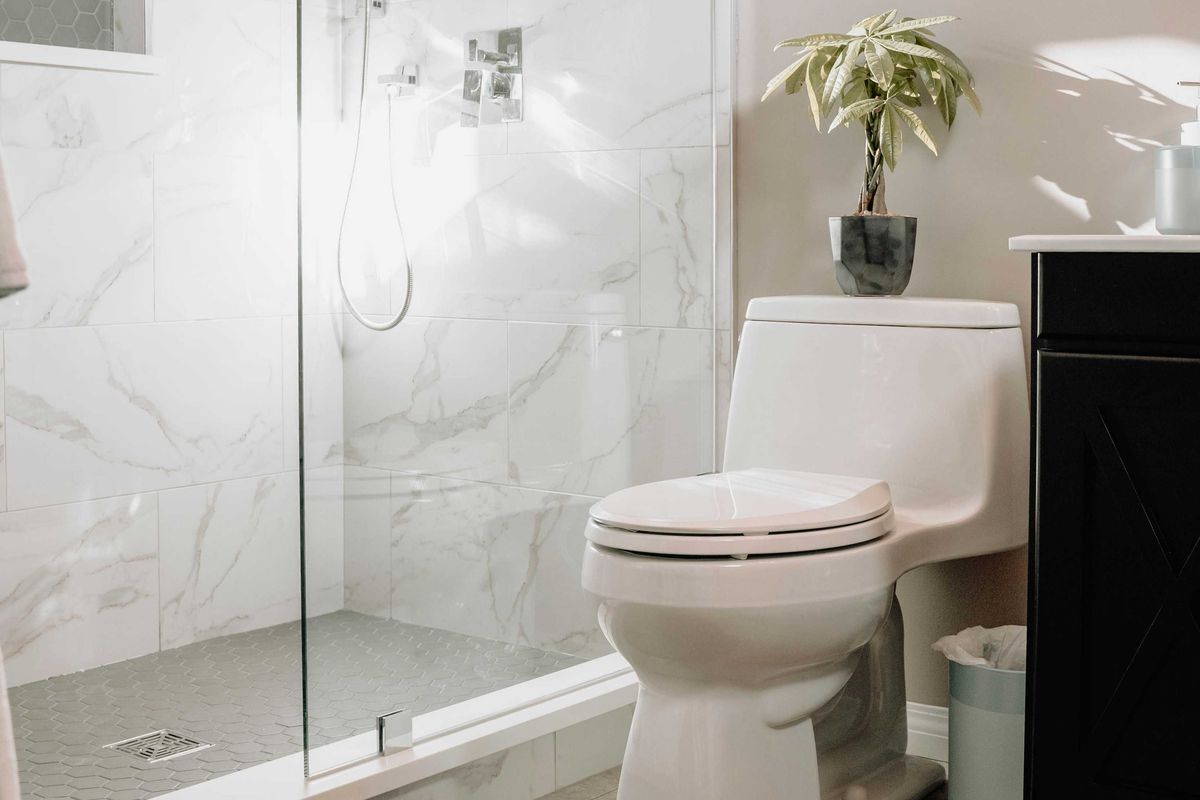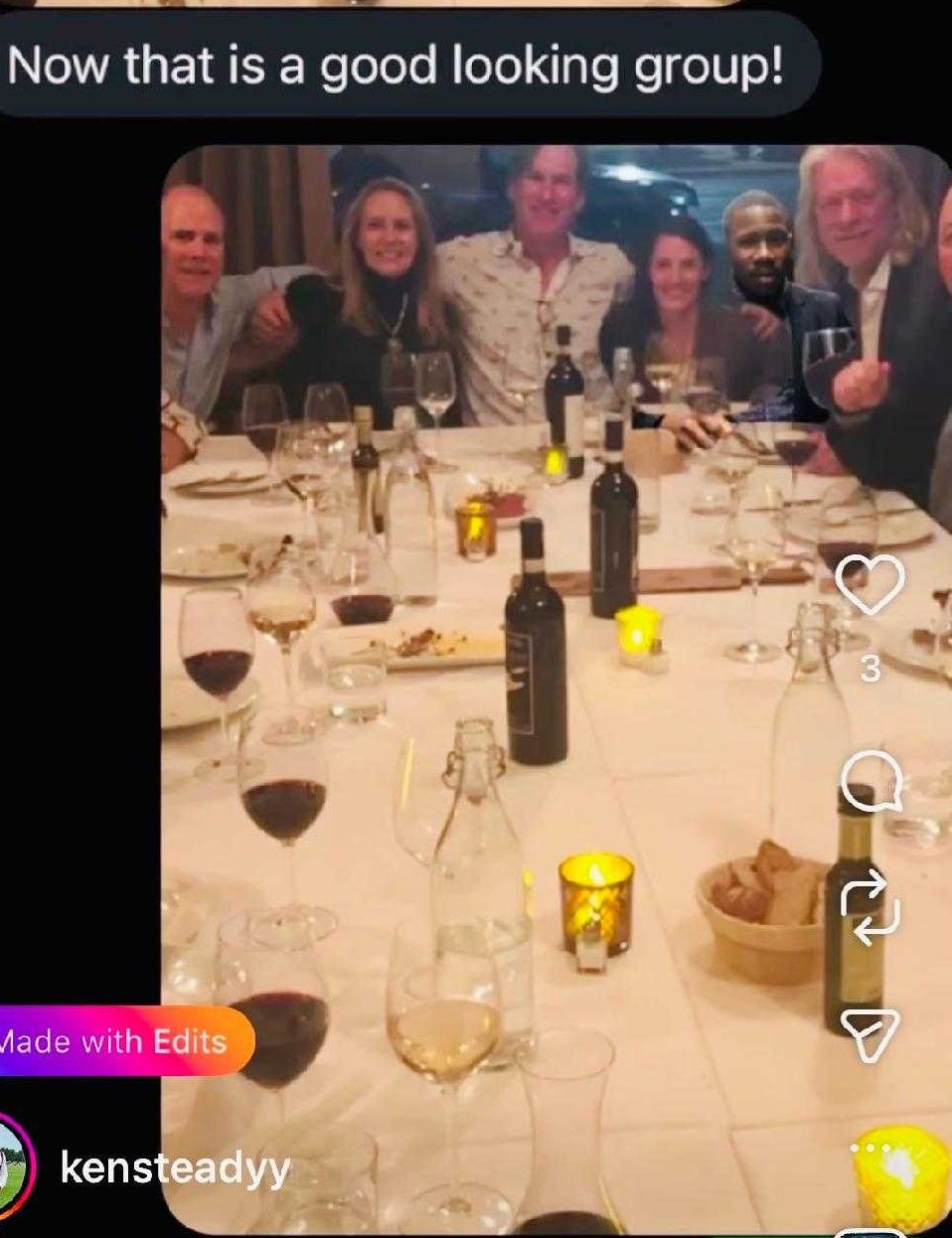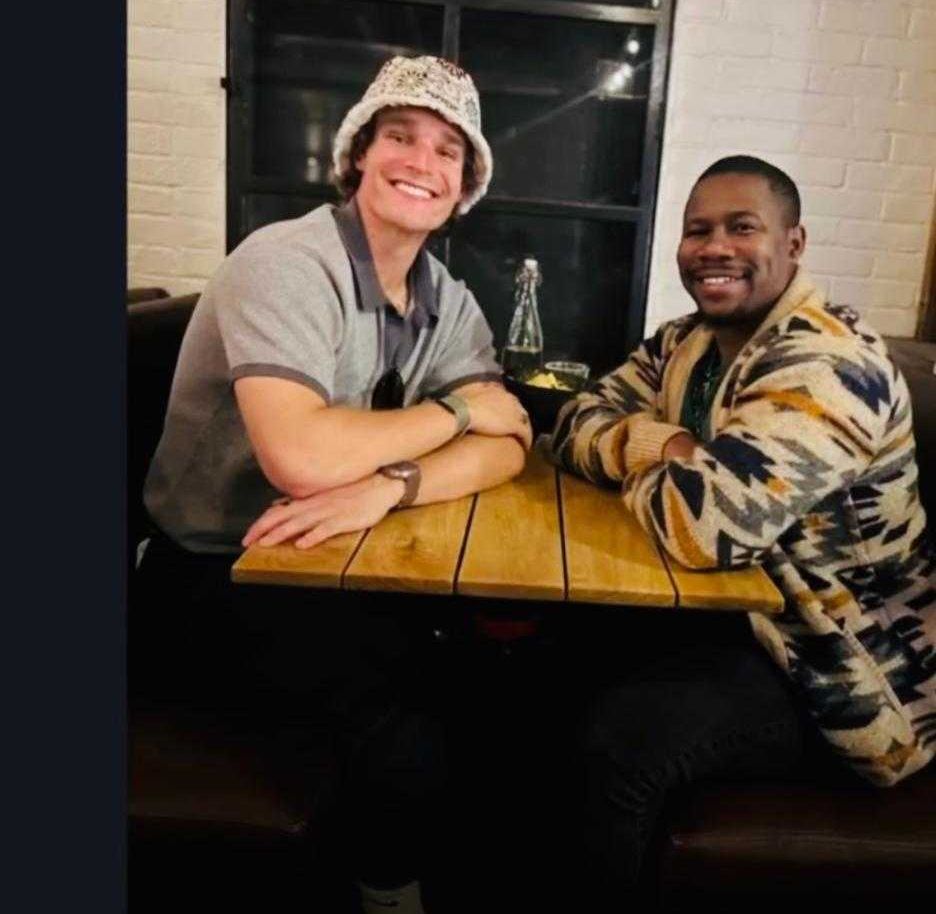It was just one of those things: someone transposed two numbers, causing a ripple effect that changed the lives of total strangers.
In a popular Instagram Reel, a man named Kendrick Constant AKA "The New Guy" writes, "7 years ago I was added to a group chat by mistake…but there are no coincidences." He explained that, due to a number being incorrectly added on WhatsApp, he began receiving texts from complete strangers more than twice his age. They had been planning a party, and one after another, the texts came rolling in. Finally, he decided to pull a little gag.
The Reel continues with a screenshot of the group text where its members were all reminiscing about a "great dinner party." One even writes, "Feel more karaoke in our future together with the extended PC family. Next time, Tony picks the song and we bring Mimi's drums. I'll run down a kazoo or maybe a snare drum. On a serious note, one of the best night's I've had in Park City. Great friends with the Miners in common."
Finally, Constant chimes in. "I'm glad to hear your friendship is so strong and you had a great night. Happy birthday! Unfortunately, I believe I was mistakenly added to the group chat, or maybe the van forgot to pick me up." He then adds his face into their group photo and, well, now the friendship has officially been seeded.
Someone on the thread spots the photo edit and writes, "No way, is that our new CT friend in the second pic? Welcome!" Constant responds, "See you at the next one." The group begins calling him "The New Guy" and soon enough, he's officially part of the gang. He becomes especially close to a man named Brent Milner, who even asks him to make a video for his wife's 50th birthday. Constant is enthusiastically up for the task.
Cut to: the friendship keeps building and a few months later, it was time to meet up and play some music. Constant happens to play drums, and we see some snapshots of their fabulous band in a jam session.
Milner and Constant's friendship grew stronger, and when Milner's son Beck got accepted into Yale, Constant would join to support him at baseball games. The Reel ends with a screenshot of Brent's message, "Can't call him New Guy anymore. Kendrick is part of the Milner family now, thanks to a one transposition number of Paul's wife, Leia!"
 Kendrick Constant photoshops himself into a group photo. Photo Credit: Kendrick Constant
Kendrick Constant photoshops himself into a group photo. Photo Credit: Kendrick Constant
Upworthy had a chance to chat with Constant, who told us there were over 40 text messages before he responded. "At first, I thought it was a normal group chat that I was supposed to be in. Then the next day I started reading through and I realized none of the names matched anyone I knew."
When asked what his first indication was that they were likely to become real friends, Constant shares it was their willingness to immediately go with the joke. "They went along with the banter when they said, 'See you at the 60th!' I was 23 at the time. Now my 30th is 15 days away. I'm expecting a video of them missing this evasive party bus."
We also spoke with Milner, who answers the same question abour how he "knew" they'd be pals. "How could you not want to know the young man who took the time to photoshop himself into the group after his sincere attempt to just let us know he was mistakenly added? His effort was simply just too funny to us to be ignored and he gave us an out and we didn't want it! However, in earnest it could have simply run its course had there not been a follow-up birthday party for my wife a few months later. When Kendrick video’d himself missing the bus on a snowy day (the group he entered all live in Park City), I simply felt I wanted to meet him in person, which was going to be possible that summer."
This is when they played music. As for how the jam band session came about, Milner explains that the band is simply a "group of friends interested in music who would play and sing together on vacation." He adds, "I asked him if he played any instruments or sang, he said he did and could play the drums. We gave him the date and the time and he showed up after work and the rest is history. Performance went great."
Kendrick Constant and friends have a jam band session. www.youtube.com, Kendrick Constant
Constant shares that he feels his life was altered because of this happy accident. "I mean younger was me was always open-minded and had a heart for people. Life can be challenging and beat you up along the way. This allowed me to continue to be open in the moments where I wasn't sure or hesitant. Its natural to be a skeptic, its wise to use good judgment in how vulnerable to be. However, staying good despite it all is a sign of strength and resilience that I recognize. Its a familiar feeling that I felt with the Milners."
Milner, like Constant, feels the friendship has truly improved his life. "I really enjoy having Kendrick in my life. We can talk about a range of topics and I have enjoyed his perspective. Beck (Milner's son) is 7-8 years younger than Kendrick and he is my oldest so I have enjoyed Kendrick’s perspective as a young adult and watching him navigate career changes and finding what makes him happy and motivated. I’ve also watched he and Beck blossom into a real friendship that has been fun to witness. I continue to appreciate Kendrick’s humor but also his character and his passions. He sometimes calls me a 'mentor.' I tell him that makes me feel old so I like 'friends.'"
Constant adds, "Brent has taught me a lot, made me more self aware and a better person and professional as a financial advisor. Our stance on topics aren't the same all the time, but we can agree to disagree from our different walks of life. Beck, his son, and I clicked better than I have with people I have known for over a decade. Its awesome that our relationship is real and has now spanned multiple generations."
Milner was pretty shocked by the virality of the moment. "I have actually been amazed at the online response. I am old so I don’t have any social media presence beyond what my children show me–witness that I call it a “distribution” not a group chat. I tried to tell Kendrick that I felt 'distribution' meant useful information being provided for a purpose and group chat meant an ongoing conversation. He responded that 40 texts implies a conversation."
 Kendrick Constant has dinner with his friend Beck.Photo Credit: Kendrick Constant
Kendrick Constant has dinner with his friend Beck.Photo Credit: Kendrick Constant
He adds, "Humans seem to be getting lost in today’s world of divided echo chambers and divisions of non-substantive issues for which neither party is even close to an expert, and yet, people divide. At this point, Kendrick and I have covered a lot of ground from socio-economics, age-diversity, religion, and politics as examples. We don’t agree on every point but we learn from each other every time we talk deeply about our perspectives. When we both leaned into this we had no idea what was going to come of it nor did we care what the divisive markers were. It just seemed like we could learn and benefit from knowing each other and that is what we did. I wish we were closer and could see each other more but he and Beck have picked up that ball as they are not far from each other. Somehow, I think people can sense an old fashion friendship built here in the length of this relationship and the randomness of this story. "
Constant also shares that the story has inspired others. "People keep telling me it made them text someone they hadn’t talked to in years, or that they want to be added to the group chat. That the story made them cry, restored their faith in humanity. Its a great story and if it nudges people to be a little more open and human."
He adds that Brent has given him solid advice for the last many years. "Brent told me to be yourself and you will gravitate toward like-minded people. So it encouraged me to be truly authentic, embrace my individuality. Now I know some pretty dope people."



 In a 4-day model, kids often (but not always) receive less instructional time. Photo by
In a 4-day model, kids often (but not always) receive less instructional time. Photo by 
 Xennial woman with her Boomer
Xennial woman with her Boomer  A Xennial son spends time with his Baby Boomer parent.
A Xennial son spends time with his Baby Boomer parent. A Xennial son goofs around with his Baby Boomer dad.
A Xennial son goofs around with his Baby Boomer dad.

 A modern bathroom. Photo by
A modern bathroom. Photo by 
 Kendrick Constant photoshops himself into a group photo. Photo Credit: Kendrick Constant
Kendrick Constant photoshops himself into a group photo. Photo Credit: Kendrick Constant Kendrick Constant has dinner with his friend Beck.Photo Credit: Kendrick Constant
Kendrick Constant has dinner with his friend Beck.Photo Credit: Kendrick Constant